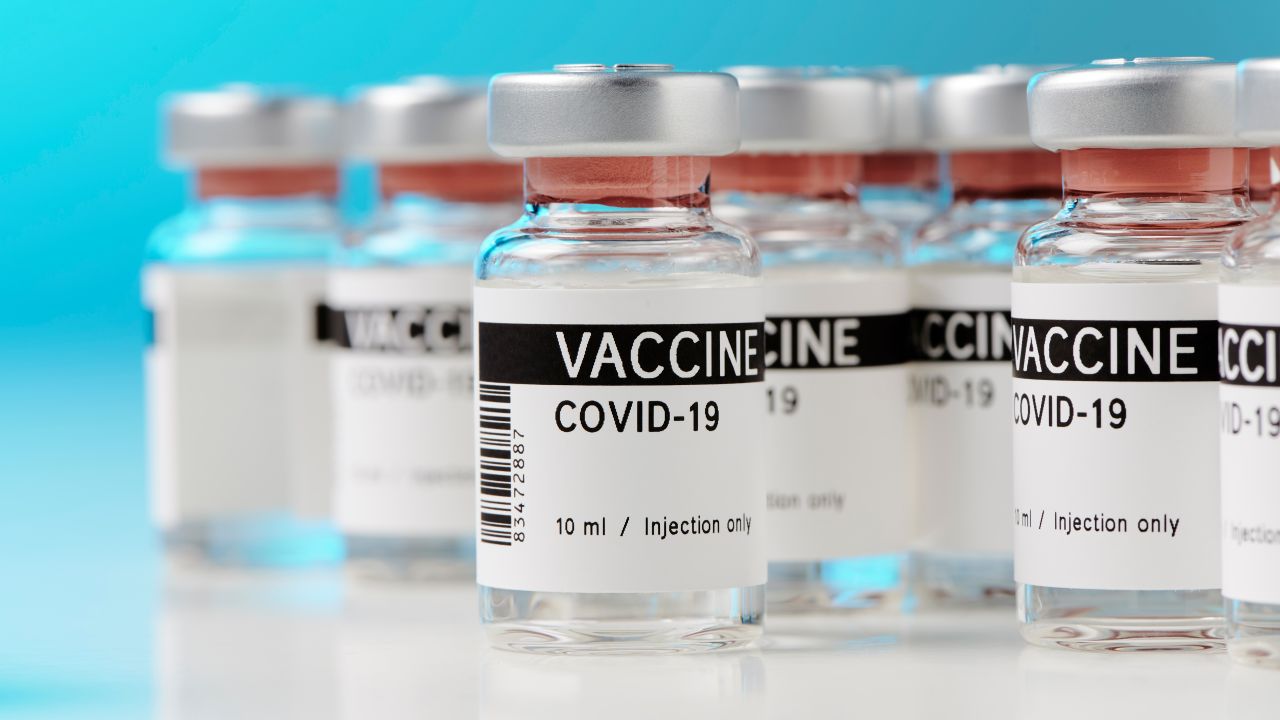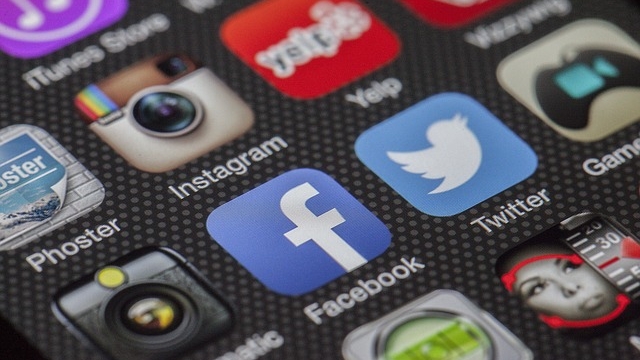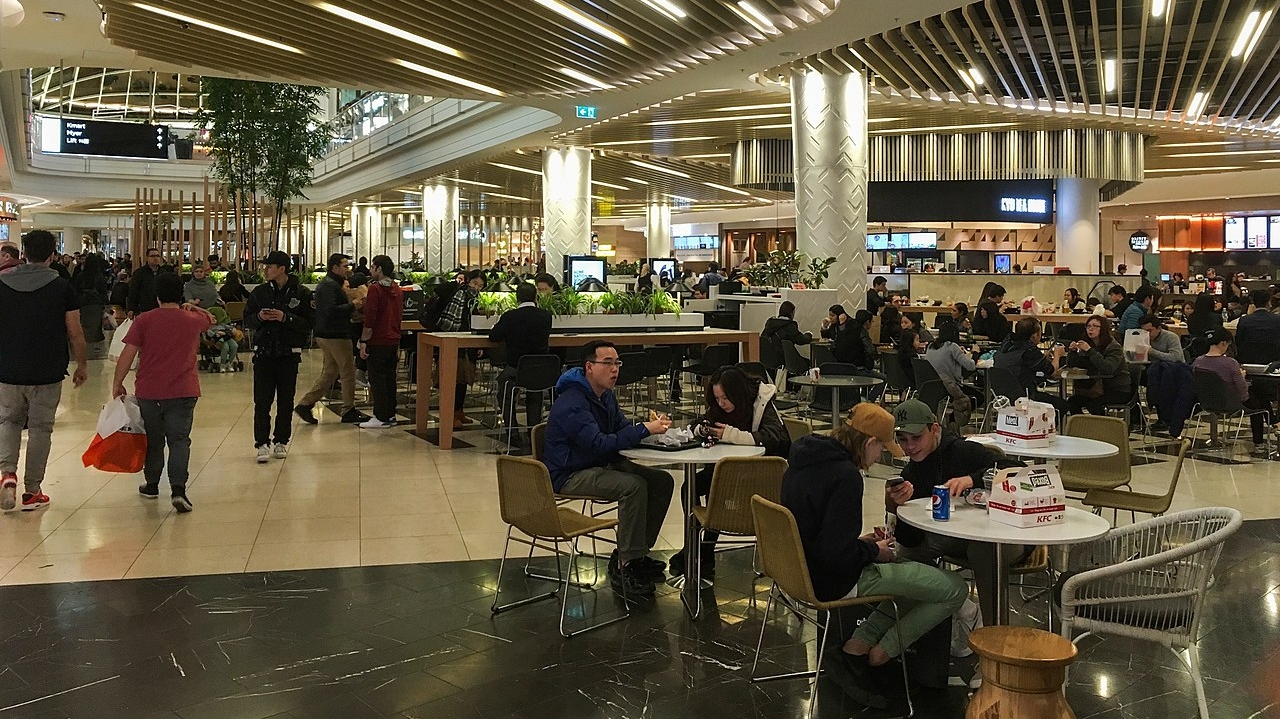
Misinformation on social media fuels vaccine hesitancy: a global study shows the link
Steven Lloyd Wilson, Brandeis University and Charles Shey Wiysonge, South African Medical Research Council
Vaccine hesitancy is a severe threat to global health, according to the World Health Organisation (WHO). The term refers to the delay in acceptance or the refusal of vaccines, despite the availability of vaccination services. It’s a serious risk to the people who aren’t getting vaccinated as well as the wider community.
Vaccine hesitancy is not new. There have been some sceptics ever since vaccination began. Soon after Dr Edward Jenner invented the smallpox vaccine in 1796, rumours started spreading that cow heads would erupt from the bodies of people who received the vaccine.
But the issue is particularly urgent now in efforts to end the COVID-19 pandemic.
Preliminary results from four clinical trials of COVID-19 vaccines suggest that they are highly effective in preventing COVID-19 infection. This is promising. But the mere existence of vaccines is not enough. People would need to accept and take the vaccines in sufficient numbers to interrupt the transmission of COVID-19 infection.
A recent survey shows that a substantial proportion of people may refuse or delay taking a COVID-19 vaccine. It’s important to understand why.
Social media has spread a lot of anti-vaccination misinformation over the last 20 years. We recently evaluated the effect of social media on vaccine hesitancy globally.
We saw that in countries where social media is used to organise offline action, more people tend to believe that vaccinations are unsafe. We also found that foreign disinformation campaigns online are associated with both a drop in vaccination coverage over time and an increase in negative discussion of vaccines on social media.
Delays and refusals of vaccination for COVID-19 – or any other vaccine-preventable disease – would prevent communities from reaching thresholds of coverage necessary for herd immunity. Community transmission of COVID-19 would continue, keeping the pandemic alive.
Research design
We measured social media usage in two ways. Firstly, we assessed the use of any social media platforms by the public to organise offline political action of any kind. Secondly, we measured the level of negatively oriented discourse about vaccines on social media using all geocoded tweets in the world from 2018 to 2019. Geocoded tweets generate an indication of place either from contextual clues or from the global position of the device. We also measured the level of foreign-sourced coordinated disinformation (that is, intentional misinformation) on social media in each country, using Digital Society Project indicators.
Intentional pushing of anti-vaccination propaganda has been traced to pseudo-state actors affiliated with Russia as part of general efforts to disrupt trust in experts and authorities throughout the western world.
We measured vaccine hesitancy using the percentage of the public per country who feel that vaccines are unsafe, using Wellcome Global Monitor indicators for 137 countries. We also used annual vaccination coverage data from the World Health Organisation for 166 countries.
Our purpose was to evaluate whether social media organisation and foreign disinformation were associated with increases in vaccine hesitancy and actual levels of vaccination.
Numerous studies of single countries and populations have found that anti-vaccination propaganda has increased vaccine hesitancy. Our study aimed to quantify this effect around the world.
Results
We found that the use of social media to organise offline action is strongly associated with the perception that vaccinations are unsafe. This perception escalates as more organisation occurs on social media. In addition, foreign disinformation online is strongly associated with both an increase in negative discussion of vaccines on social media and a decline in vaccination coverage over time.
We used a five-point scale to measure how much foreign governments disseminate false information in a country. It ranged from “Never or almost never” to “Extremely often”. A one-point shift upwards on this scale was associated with a 15% increase in negative tweets about vaccines and a two percentage point decrease in the average vaccination coverage year over year.
Social media allows for easy mass public communication. This makes it easy to share fringe opinions and disinformation widely. Since any opinion can be presented as fact, it’s more difficult for individuals to be informed about issues. Truth is lost in noise. It’s hard to tell whether something is an established fact.
The creation of doubt is particularly harmful when it comes to vaccination, because uncertainty causes vaccine hesitancy. Vaccine hesitancy has resulted in many of the measles outbreaks in Europe and North America from 2018 to 2020.
In 2003, widespread rumours about polio vaccines intensified vaccine hesitancy in Nigeria. This led to a boycott of polio vaccination in parts of the country. The result was a five-fold increase in cases of polio in the country between 2003 and 2006. The boycott also contributed to polio epidemics across three continents.
Recommendations
Our study suggests that combating social media disinformation regarding vaccines is critical to reversing the growth in vaccine hesitancy around the world. These findings are especially salient in the context of the current pandemic, given that COVID-19 vaccines will require deployment globally to billions of people. Policymakers need to begin planning now for ways to work against the patterns found in this study.
The findings demonstrate that public outreach and public education about the importance of vaccination will not be enough to ensure optimal uptake of COVID-19 vaccines. Governments should hold social media companies accountable by mandating them to remove false anti-vaccination content, regardless of its source.
The key to countering online misinformation is its removal by social media platforms. Presentation of arguments against blatant misinformation paradoxically reinforces the misinformation, because arguing against it gives it legitimacy.![]()
Steven Lloyd Wilson, Assistant Professor of Politics, Brandeis University and Charles Shey Wiysonge, Director, Cochrane South Africa, South African Medical Research Council
Article source: This article is republished from The Conversation under a Creative Commons license. Read the original article.
Header image source: Shutterstock.






